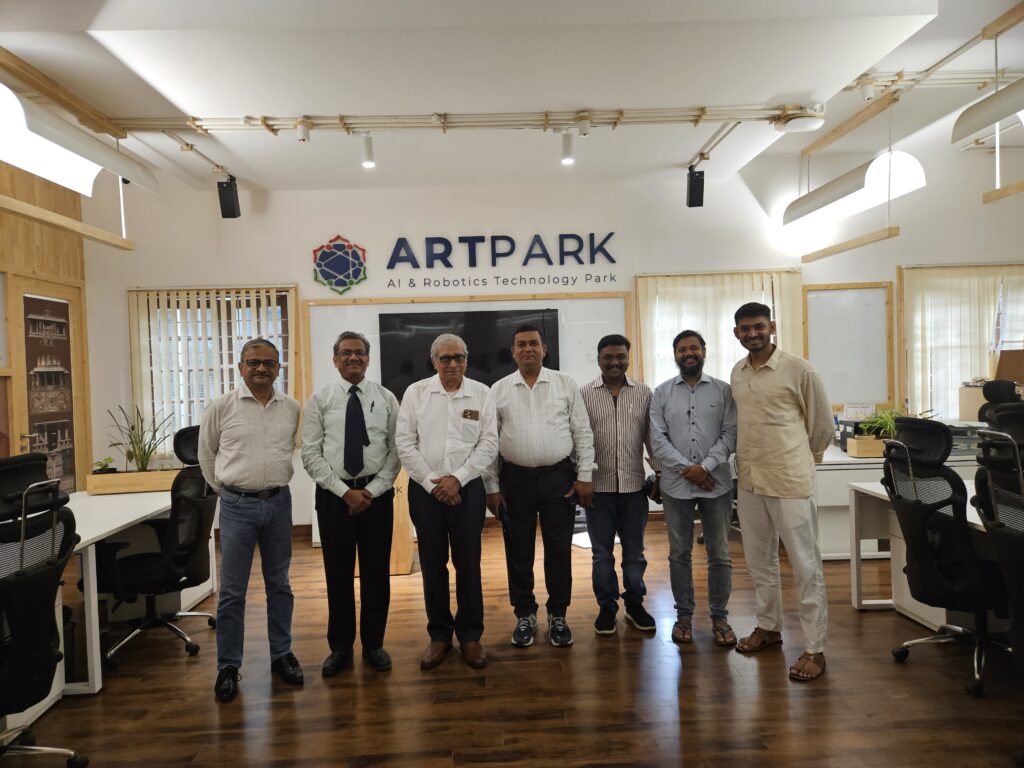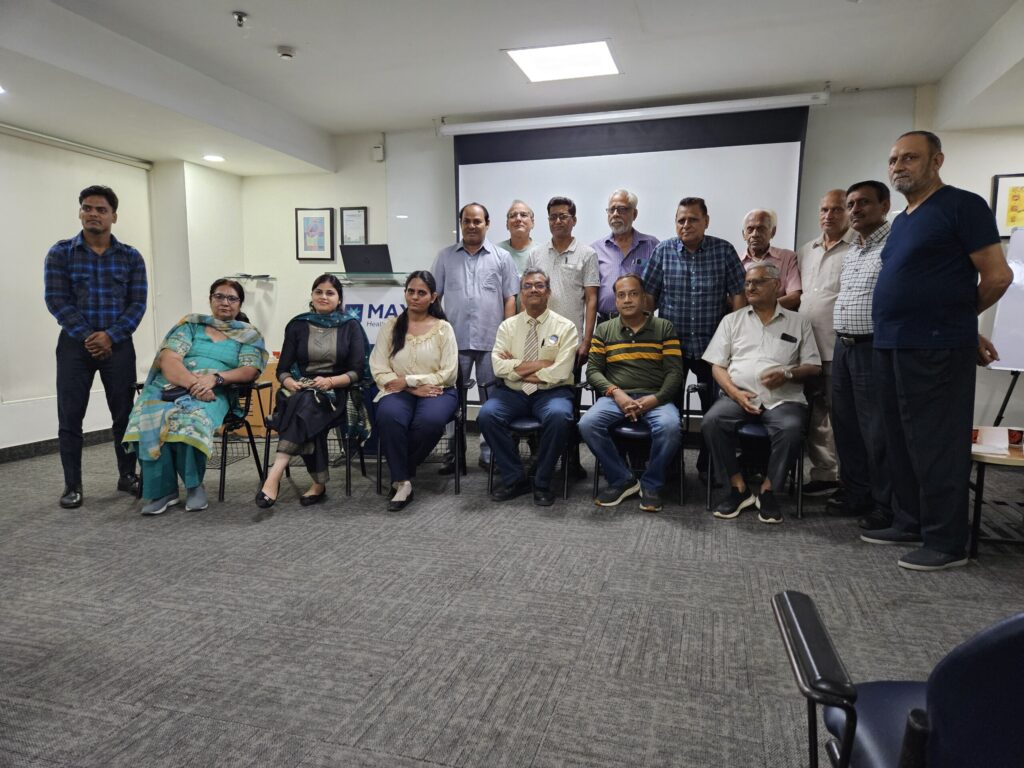Targeting Stage Zero: ICanCare’s Integrated Vision Resonates at 7th NCTOH 2026
Targeting Stage Zero: ICanCare’s Integrated Vision Resonates at 7th NCTOH 2026 At the 7th National Conference on Tobacco or Health (NCTOH 2026), organized by the Department of Community Medicine, AIIMS Rae Bareli, an important message echoed strongly across the plenary hall: The session brought together public health leaders, clinicians, tobacco control experts, and community champions […]
Targeting Stage Zero: ICanCare’s Integrated Vision Resonates at 7th NCTOH 2026 Read More »
ACTIVTIY 2026 ICanCaRe Events Invited Meets MISSION STAGE ZERO Oral Cancer


